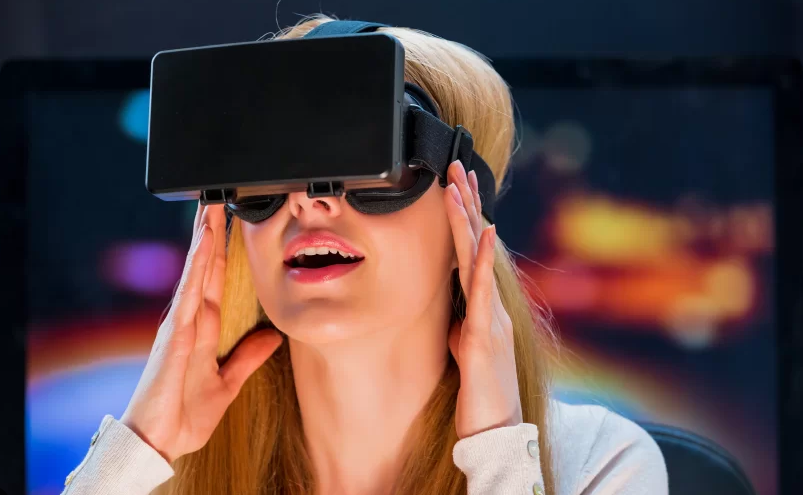Video games have come a long way from their humble beginnings in arcades and living rooms. Today, they are a cultural force to be reckoned with, and their impact extends far beyond entertainment. In this blog post, we embark on a journey to explore how video games are not just shaping the present but also molding the future in profound and unexpected ways.
The Educational Power of Gaming
In classrooms around the world, educators are turning to video games as powerful tools for engaging students. Educational games not only make learning more enjoyable but also enhance critical thinking, problem-solving, and retention of knowledge. Titles like “Minecraft: Education Edition” have become invaluable resources for fostering creativity and collaboration among students.
Digital Literacy
In an increasingly digital world, video games are helping to develop digital literacy skills. Players learn to navigate complex virtual environments, interpret digital information, and adapt to rapidly changing technologies—a skill set crucial for the future job market.
Health and Wellness Advancements
Who says gaming is sedentary? Innovations like virtual reality (VR) gaming and exergames are encouraging physical activity. VR fitness apps allow users to immerse themselves in engaging workouts, while exergames like “Dance Dance Revolution” turn gaming into exercise.

Pain Management
In the medical field, video games are making strides in pain management and rehabilitation. Games are used as distractions during painful procedures, and VR simulations help patients recover from injuries by retraining their motor skills.
Problem-solving and Critical Thinking
Many video games require players to solve intricate puzzles and devise sophisticated strategies. These challenges foster problem-solving skills and strategic thinking, qualities highly sought after in various professions.
Real-World Applications
Problem-solving skills honed in video games can be applied to real-life scenarios. Gamers often excel in fields that require decision-making under pressure, such as emergency response, finance, and engineering.
The Future of Virtual Reality (VR)
Virtual reality is not limited to gaming—it’s revolutionizing multiple industries. VR is used for virtual tours in real estate, medical simulations for training, and even therapy for phobias and PTSD.
Education and Training
In education, VR offers immersive experiences for history lessons, biology dissections, and more. In the workplace, it’s becoming a standard tool for training in high-risk environments.
Social Connections and Communities
Online multiplayer games are more than just entertainment; they are platforms for social interaction. Gamers from around the world connect, collaborate, and build communities. These virtual social networks mirror real-life relationships.
Charity and Fundraising
The gaming community often comes together for charitable causes. Events like “Extra Life” and “Games Done Quick” raise millions for charity, demonstrating the potential for positive impact within the gaming world.
Shaping Entertainment and Storytelling
Video games are redefining storytelling by allowing players to become active participants in narratives. Titles like “The Last of Us” and “Red Dead Redemption” offer cinematic experiences that rival Hollywood productions.
Cross-Media Adaptations
Successful video game franchises are expanding into movies and TV shows, bridging the gap between gaming and traditional entertainment. These adaptations introduce the gaming world to new audiences and vice versa.
The Gaming Industry’s Economic Clout
The video game industry has evolved into a multi-billion-dollar behemoth. It rivals and sometimes surpasses the revenue generated by the film and music industries. This economic influence is driving technological advancements and job opportunities.
Esports and Spectatorship
Esports have grown into a spectator sport phenomenon, drawing millions of viewers worldwide. Professional gamers compete for massive prizes, and major corporations are investing in the esports ecosystem.
Ethical and Societal Considerations
As gaming becomes more pervasive, concerns about gaming addiction have arisen. Society is grappling with how to address and prevent unhealthy gaming habits.
The gaming industry is increasingly addressing issues of diversity and inclusion, striving to create more representative characters and accessible experiences for all players.
Conclusion
Video games have transcended their status as mere pastimes. They are sculpting our future, touching education, healthcare, problem-solving, social connectivity, storytelling, economics, and ethics. As we look ahead, the world of video games offers a tantalizing glimpse into what the future may hold.











